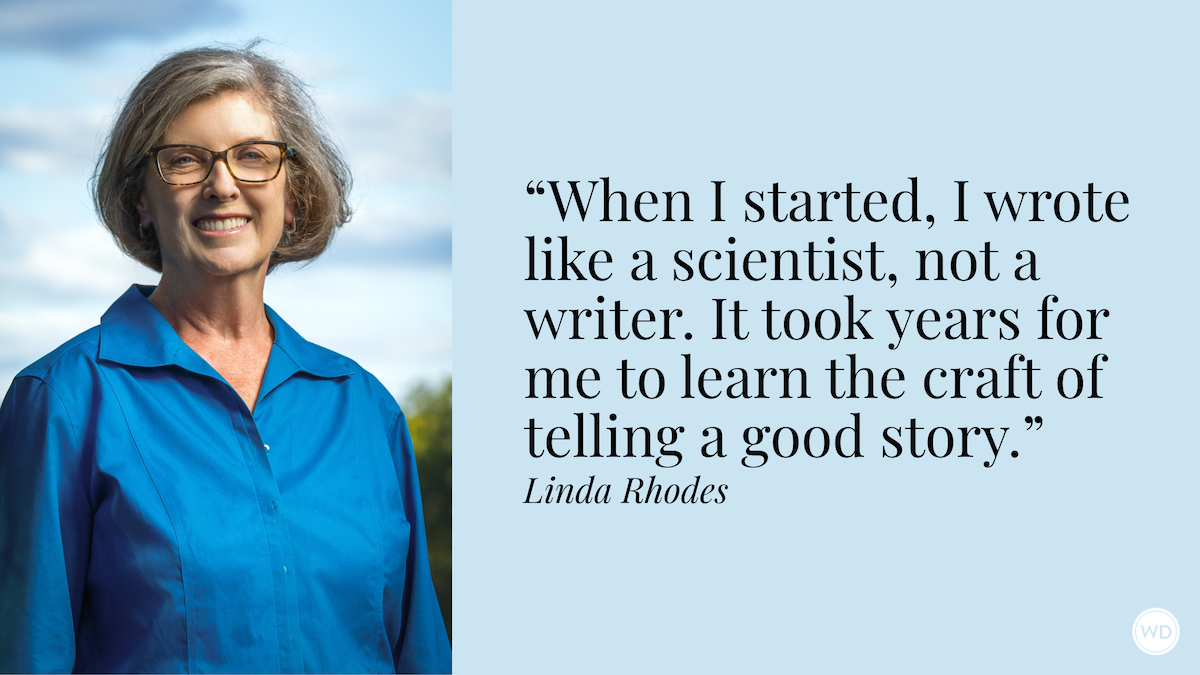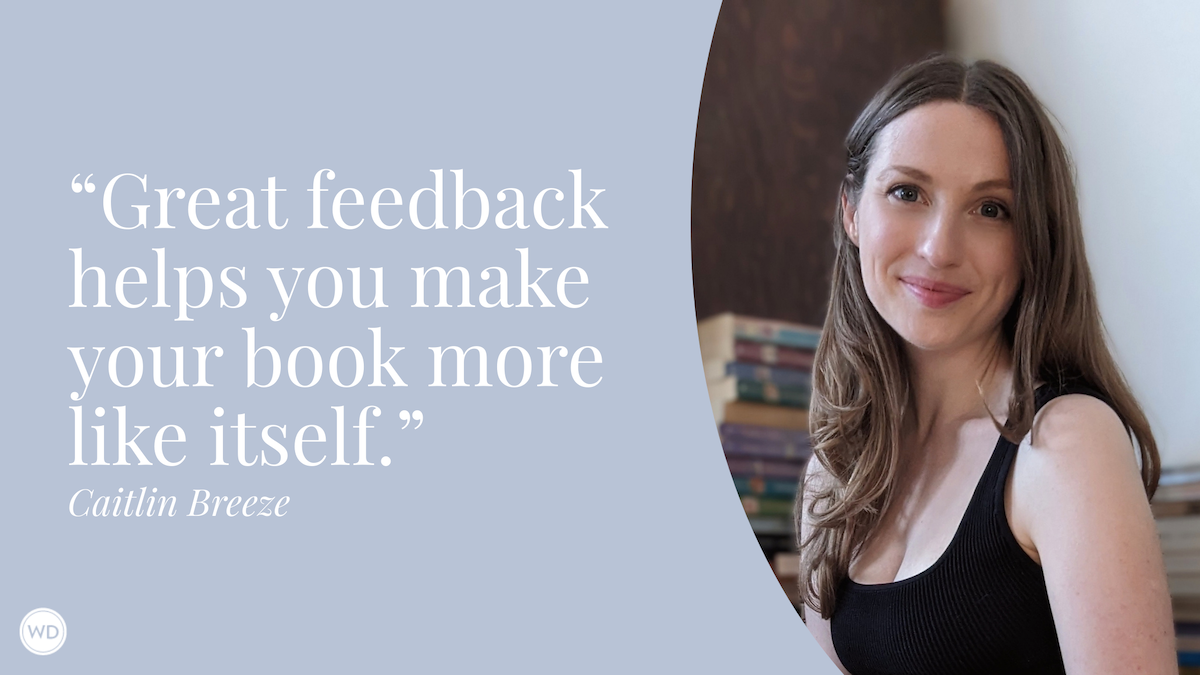8 Tips to Build Your Supportive Writing Network
Writing can be a solitary activity … but it doesn’t have to be. Let author Gale Massey give you some tips for building a supportive writing network.
Writing is often a lonely activity and the support of a nurturing network can make the difference in how well and how long you persist. A writer needs connections at every level, from beginning writers to booksellers to experts in the industry. To achieve this goal, here are eight tips for creating this network. And always frame your approach to others with this timeless quote from Maya Angelou: “People won’t remember what you said to them, they will remember how you made them feel.”
8 Tips to Build Your Supportive Writing Network
1. Build relationships with other writers
From new writers to published authors, engage in ways that demonstrate you care about their specific goals and they will remember the emotional quality of that transaction. Consider a moment when a peer or teacher gave you a kind word that kept you at the keyboard another hour or convinced you to submit a story to one more magazine or send out one more query. Their exact words might escape you but you are likely to remember the emotional tone of that interaction. Those are the moments to create and nurture within your writing community. Those are the moments writers cling to when sitting alone at a desk.
2. Join a writing class or a peer critique group
This is often the first point of entry and offers the opportunity to meet other writers with similar skills. Critique groups are where you learn how to give and receive helpful feedback. This is where you begin to discover other writers who you connect with as you begin to make writing friendships that can last for years. Critique groups might be offered at a local library, a bookstore, or online. If you can’t find one that is a good fit for you, start one. Social media and distance learning have become crucial support tools for writers and they offer a necessary bridge from solitary work to community. Online communities, while perhaps not as emotionally satisfying as real-life meetings, fill a huge void for social connection. Structuring a time and place for a group and/or hosting zoom sessions provides you an opportunity to emerge as a leader who is willing to be active in community building.
IndieBound | Bookshop | Amazon
[WD uses affiliate links.]
3. Attend conferences
Local colleges often host annual programs. States offer writing conferences through their library systems and there are nationally known conferences, many that are genre-specific. Whether you’re a crime, romance, mystery, or science-fiction writer, there’s a conference that will fit your style. Conferences provide the opportunity to interact with industry professionals like editors and agents and learn how the industry operates. They also offer the opportunity to meet a broader range of writers from around the country.
4. Join professional organizations
To name just a few: Sisters in Crime, Science Fiction Writers of America, International Thriller Writers, or Mystery Writers of America. Many of these organizations are striving toward inclusivity by reaching out and welcoming LGBTQ authors and writers of color with specific initiatives aimed at lifting up underserved voices. Some offer discounts for seniors and students and some offer scholarships for financial need. Important information can be garnered from their newsletters, forums, websites, and conferences. They offer classes and workshops with published authors where you can meet more writers with similar interests and goals.
5. Make it about others
Authenticity cancels arrogance and false pride. Writers gravitate towards like-minded people who exhibit a commitment to the journey. Build your connections on social media with genuine concern for other writers’ experiences. Authenticity or lack of it will come through on Facebook, Twitter, and Instagram. Support their successes and respond to disappointments. Send a private message or a link to an article that speaks to their current situation, visit Goodreads or Amazon and rate or write a review for their book, repost a link on your page when they get an acceptance. Make sure your social media posts are half as much about other writers as they are about you.
6. Tame the green-eyed monster
A key element to being a positive influence in the community you’re creating is to learn to manage your own jealousy. That monster leaps out at every opportunity. To achieve any amount of success, you must tame it. Know that for every public success you see a writer having, they have endured a hundred slings and arrows. No one builds a writing career without learning to manage disappointments. A good technique to manage jealousy and disappointment is to take a deep dive into a project—perhaps one that has a benefit to others. It is enormously helpful to emerge your brain into your work, but giving back is a profound antidote to jealousy. This leads to my next tip…
7. Give back
Know your strengths and limitations, and set healthy boundaries, then reach out. If you know someone struggling to find an agent, offer to look over their query letter or do a bit of research and add three agents to their query list. Another option is to offer to read the first ten or twenty pages of a manuscript. If you have time, volunteer as a beta reader. Anytime you do something for another writer you are building goodwill and increasing your own knowledge of the craft and industry.
8. Treat mentors like gold
Respect their time and their experience. Start small. It took years for me to ask a fellow author I admired to read a short piece and give me feedback. Now, he’s one of my most trusted readers. Take it slow. Get to know them before asking favors. Offer to pay them for their time if that seems appropriate. Don’t ask for a referral to their agent or publisher. Let them get to know you and your work. Writers spend years building their resources and connections. People are generally happy to share their knowledge, but no one wants to feel they are being used. Trust that they know their resources and if they have a connection that seems like a good fit, they will offer it. If someone gives you a hand up, thank them profusely. Everyone appreciates getting a review on Goodreads or a pricey chocolate bar. Just know that every level of success brings unique opportunities and challenges. Build your community around kindness and your career will thrive—but more importantly the journey, no matter the outcome, will be its own reward.
Gale Massey is the author of the short fiction collection, Rising and Other Stories (Bronzeville Books, 2021), and the novel, The Girl From Blind River, which received a 2018 Florida Book Award and was a finalist for the Clara Johnson Award. Her work has been featured in Lambda Literary, CutBank, CrimeReads, Sabal, the Tampa Bay Times, Saw Palm, and Tampa Bay Noir. Gale was a Tennessee Williams Scholar at the Sewanee Writers Conference and a fellow at Writers in Paradise and has served as a panel judge for the Lambda Literary Awards. She has been nominated for a Pushcart Prize in both fiction and nonfiction. You can visit Gale online galemassey.com.







